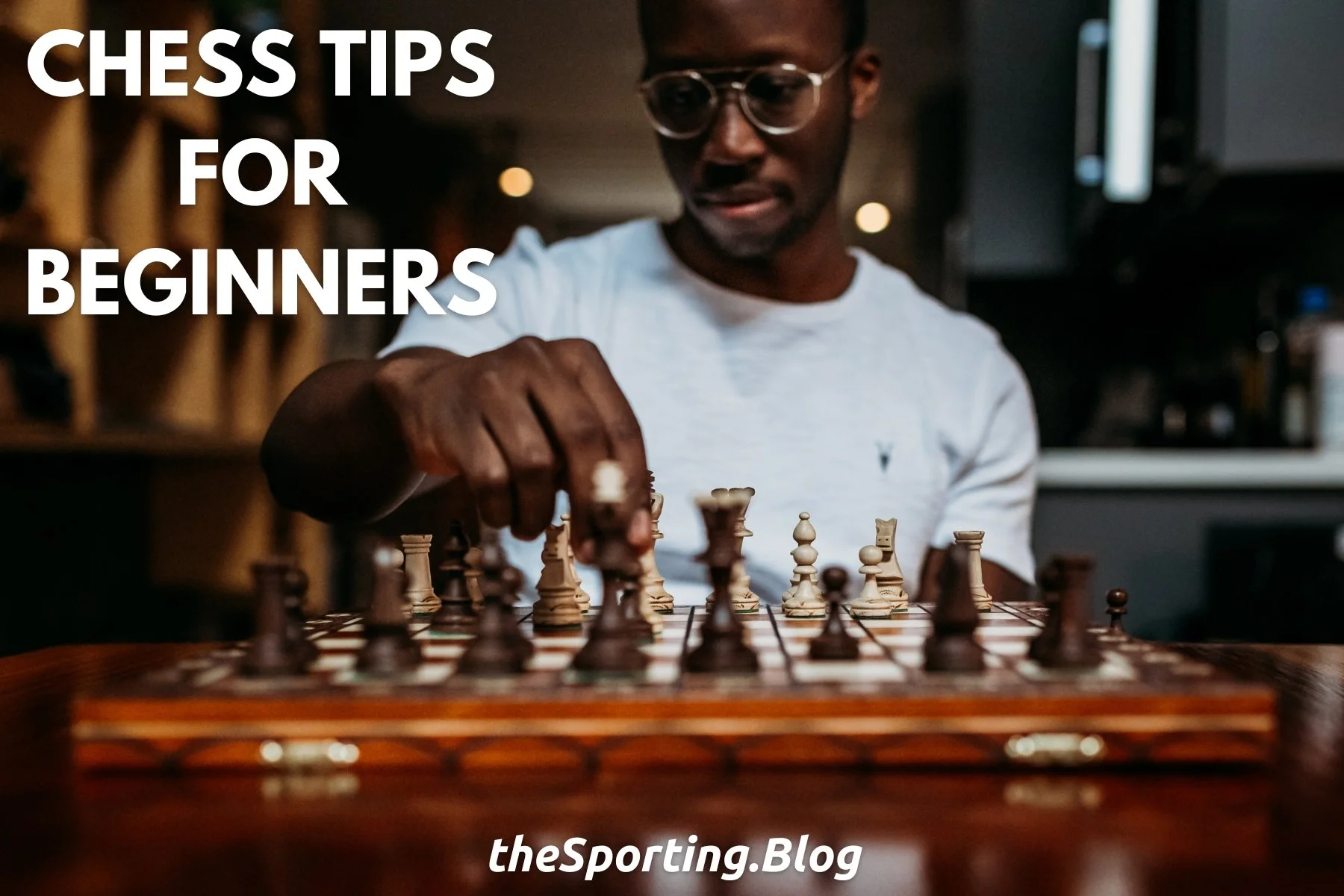Why introduce your children to chess?
Chess for Children: Things to Know
Chess for children can be a source of entertainment but there are many other benefits regarding their intellectual, emotional and social development as well.
The Queens Gambit on Netflix has brought Chess into the public eye, and a huge number of people took up Chess during various global lockdowns, but how to introduce the game to kids?
So why is chess good for kids?
Playing chess develops their intelligence, which is why more schools include it in their curricular activities.
Moreover, it promotes concentration, encourages organization, improves logical-mathematical thinking, exercises memory, improves self-esteem, favours the control and management of emotions, and encourages a sense of responsibility.
Much has been argued about the best age to teach children how to play chess. The truth is that there is no better or worse age to introduce your child to the game, although it is often agreed that 7 years is a very good age to do so. However, studies suggest that from the age of 3 children can begin to become familiar with the chessboard and its pieces.
Where to start with Chess for Kids
After introducing the child to the elements that make up chess, you can gradually introduce the rules of the game. Now rules may seem difficult to understand, but children are quick learners and you will see how fast they learn to move the pieces.
It is very important to tell children the objective of the game and that the goal is to protect the king and destroy the opponent. Show them the board layout, ask them to come up with ideas on how the king could be protected. The idea is to get your children interested and start to somehow to think strategically.
When teaching a child to play remember that they learn by watching and playing.
Do not pretend to give a master class to a little 7-year-old. Too much chess for children full of heavy theory will only serve to bring them to boredom or rejection. It is important that the child interacts from the first lesson and becomes familiar with the chessboard.
If you are looking at introducing your kids to any board games for 8 year olds and above, Chess might be the ideal choice to do a slow intro and let them know they can learn for life, but at their own pace.
Teach your kids to play Chess"!
Don’t confuse learning with knowing how to win
Remember that associating victory with learning will only generate frustrations. Children learn by playing, they must have fun and experiment through play to progress. Besides, make them see that, only by losing many games, they will be able to acquire the necessary experience to win others. In chess, losing helps you focus and avoid repeating the same mistakes in the future.
A very effective way to start a new lesson, if you are involved in chess for children, is to review a previous lesson, so that it can be remembered. A long time is not required, just doing a quick review is more than enough.
Until a simple piece of chess knowledge is consolidated, it advisable not to over complicate things. An instructor dedicated to chess for children bust be aware that learning must be progressive to be effective. Use simple words, without subordinate phrases and with no complexity. That is, remove any unnecessary adornment or rhetoric from your language.
When explaining chess, avoid a monotonous, adult voice or a flat tone for the children might start to lose interest in the chess lesson. You should also emphasize with your voice those important aspects of the game.
Tournaments and competitive play
Sometimes, kids who are involved in immersive chess for children programs arrive at a match sweaty and exhausted to the game, because they come to play with their friends just before the round begins.
Many times, between rounds of a tournament there is a break time, and, normally, many children want to use it for fun. This fun activity should not involve great efforts or extreme fatigue. We already know that it is difficult to convince a child of this, but adults should guide them in this direction, with tact and responsibility.
We cannot expect a child to have a game preparation rhythm similar to that of a professional player, although some parents or even instructors do not wish to acknowledge it. In most cases, children need more psychological, emotional and motivating support than a preparation in which they spend hours and are puzzled by dozens of games, plays and examples.
Chess for children should not be seen as a replacement of curricular subjects but an enhancing tool for such activities. Chess is also a sport that you never stop playing, therefore what better way to have fun playing something will give so much in time.


